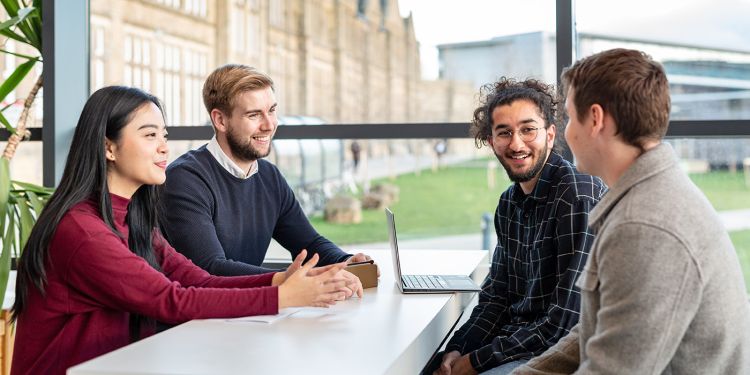Leeds Economics: Advances in Pedagogy (LEAP)
Leeds Economics: Advances in Pedagogy

Research and scholarship group
Leeds Economics: Advances in Pedagogy (LEAP) is a forum for sharing good practice in economics and student education. It is a focal point for developing new scholarships, research, and funding, both within the group and in partnership with our students and other partners.
LEAP is committed to advancing pedagogy through connecting disciplinary and applied research with teaching innovations in student education, defined broadly to include teaching and pastoral support.
The group’s activities can be divided into five connected categories:
- Showcasing good practice in pedagogy, including case studies of research-led teaching, via presentations, websites, and other media
- Commentaries on higher education policy and practice, locally, nationally, and internationally
- Scholarship within the discipline, including reflections on pedagogic innovations
- Events which promote Leeds teaching, such as co-curricular activities and outreach events
- Traditional research into pedagogy, including the production of books and book chapters, conference presentations, working papers, and journal articles.

